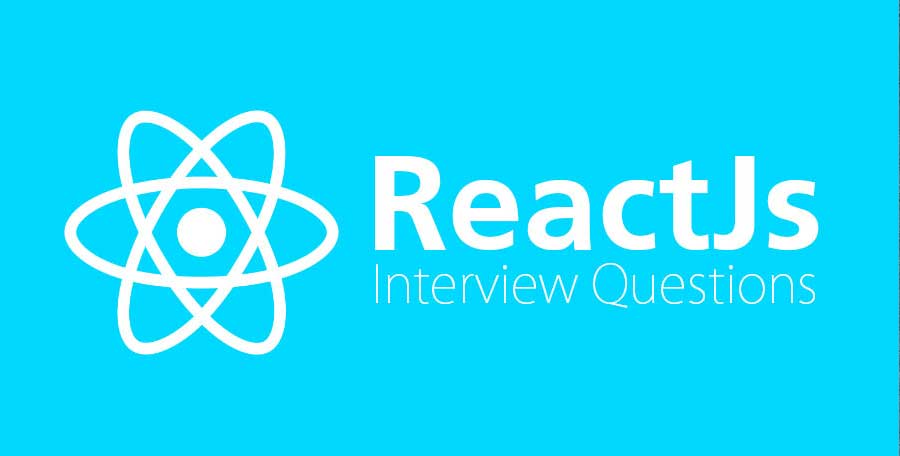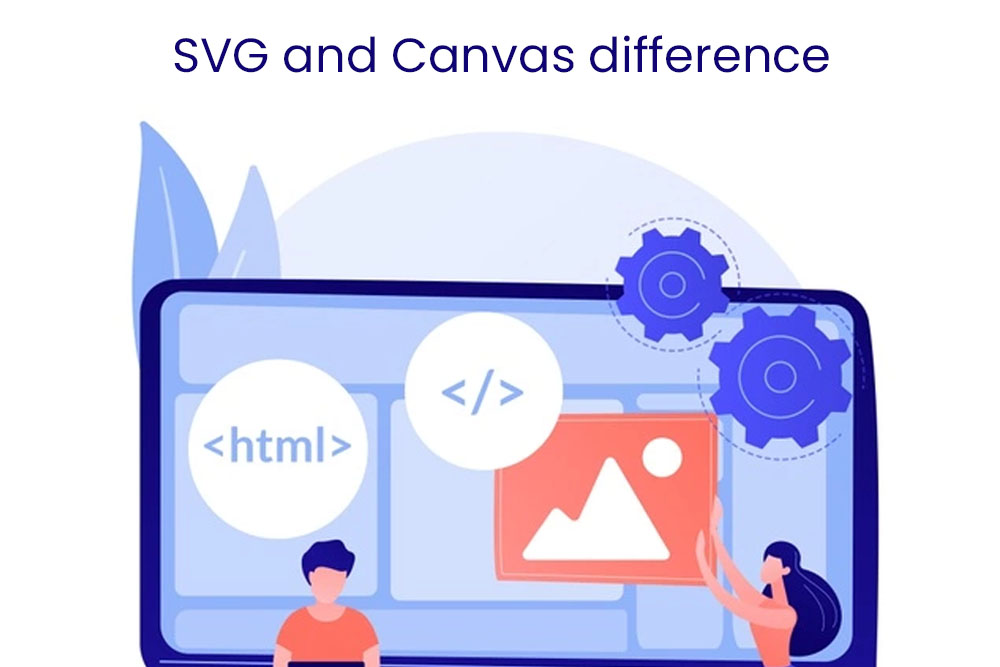In the field of software development, the phrases “scripting” and “programming” are sometimes used synonymously, which causes uncertainty among novices as well as even experienced experts.
Still, scripting and programming differ greatly from one another and have different uses, benefits, and drawbacks. This article seeks to clarify these variations so that you may know when to choose full-fledged programming and when to use scripting.
What is scripting?
Scripting is the little program writing process used for automation of repetitive chores. Usually developed in scripting languages as Python, JavaScript, Ruby, or Perl, scripts are interpreted rather than compiled, these languages translate into line-by- line runtime execution of the code.
Characteristics of scripting:
Interpreted languages:
Usually written in interpreted languages, scripts do not call for a separate compilation stage. This lets testing and development happen quickly.
Quick execution:
Often used to automate repetitive chores or to carry out basic operations, scripts are made for speedy execution.
Embedded use:
Many times, scripting languages—like JavaScript in web browsers—are included in other programs to increase their usefulness.
Flexibility:
Beginning and non-programmers will find scripting languages generally more versatile and easier to master.
What is programming?
Conversely, programming uses languages like C, C++, Java, or Swift to create more intricate and expansive programs. Many times, these languages call for a compilation stage to convert the source code into machine code the hardware of the computer can run.
Characteristics of programming:
Compiled languages:
Usually written in compiled languages, programs demand a compilation process to translate the source code into executable machine code.
Performance:
Because they are optimized during the compiling process, compiled programs typically run faster and are more efficient than scripts.
Complexity:
Operating systems, game engines, and enterprise-level software—among other sophisticated apps and systems needing great performance—are developed using programming.
Strong typing:
Many computer languages mandate strong typing to guarantee consistent use of variables and thereby lower running time faults.
Key differences between scripting and programming
Although both programming and scripting seek to use code to solve issues, they differ in some important respects:
Purpose and use cases:
Scripting:
Usually used for automating chores, data manipulation, or increasing the capability of current programs, scripting is Common uses are developing little utility tools, automating web scraping chores, and writing shell scripts for system administration.
Programming:
Designed for creating sophisticated systems and software applications. Development of desktop software, smartphone apps, video games, and extensive web apps is among the examples here.
Development and execution:
Scripting:
Direct authored and performed scripts devoid of a separate compilation stage. This speeds up and more iteratively shapes the development process.
Programming:
Programming is the authored, compiled, then run process. Although it adds still another level of complexity, the compilation stage produces more performable and efficient code.
Learning curve:
Scripting:
Usually simpler syntax and more forgiving nature help one learn it easier. Ideal for novices and those hoping to rapidly automate chores.
Programming:
Programming calls for more sophisticated syntax and a greater grasp of computer science ideas. Appropriate for creating major, performance-sensitive programs.
Advantages and disadvantages
Advantages of scripting:
Ease of use:
Beginning users often find scripting languages appealing since they are usually simpler to create and grasp.
Fast development:
Ideal for prototyping and iterative development, the absence of a compilation stage lets for rapid development and testing.
Flexibility:
Scripts give changing needs flexibility since they are readily changed and carried out.
Disadvantages of scripting:
Performance:
Because of interpretation’s expense, scripts sometimes lag behind produced programs.
Scalability:
Scripting languages might not be appropriate for broad uses needing high performance and scalability.
Advantages of programming:
Performance:
Designed to maximize performance, compiled programs fit for applications requiring resources.
Robustness:
Strong typing and other checks that lower running times and boost dependability help programming languages to be robust.
Scalability:
Programming languages fit for enterprise-level software development since they are made to manage sophisticated and large-scale applications.
Disadvantages of programming:
Complexity:
The development process calls for a thorough awareness of programming ideas and syntax since it is more complicated.
Development time:
The need of extensive testing and debugging as well as the compilation stage could slow down the development process.
When to use scripting vs. programming?
When to use scripting:
Automating repetitive tasks:
Scripting is best for automating repetitious chores such batch processing, data extraction, and file manipulation. System managers frequently utilize shell scripts, for instance, to automatically handle regular maintenance chores including backups and upgrades.
Extending application functionality:
Scripting languages like JavaScript is widely used to provide interactivity to web pages or to extend the capability of software applications via plugins and extensions.
Rapid developing:
Scripting fits for developing new features or apps since it lets one quickly develop and iterate. Before deploying machine learning models in a more performable language, for instance, Python is sometimes used to generate fast prototypes of them.
Data analysis and manipulation:
Data analysis, processing, and visualization make extensive use of scripting languages as Python and R. They offer a wide collection of tools and frameworks that simplify handling and evaluating vast amounts of data.
When to use programming:
Developing complex applications:
Operating systems, video games, and enterprise-level software are among the sophisticated applications developed from programming languages such Java and C++. These uses call for scalability, dependability, and great performance.
Building large-scale systems:
Programming languages that provide strong typing, robust error handling, and performance optimization are preferable for applications requiring handling of a great number of users and vast volumes of data. Among them are distributed databases, financial trading platforms, and massive web apps.
Performance-critical applications:
Programming languages that compile to machine code are essential to attain the necessary speed and efficiency where performance is a vital factor—that of real-time systems, embedded systems, or high-frequency trading applications.
Ensuring reliability and security:
Developing applications where dependability and security are critical depends on programming languages that enforce strong typing and offer thorough error checking and debugging capabilities. Medical software, avionics systems, and critical infrastructure control systems are a few such ones.
Conclusion
Choosing the appropriate tool for the work depends on an awareness of the variations between programming and scripting. Although programming delivers the performance and dependability required for sophisticated applications, scripting offers simplicity of use and fast development.
Using the advantages of both methods can help developers produce maintainable, scalable, and effective software solutions fit for their particular requirements. Selecting the suitable approach can guarantee the success of your project whether you are developing a complicated software system or automating a basic activity.



